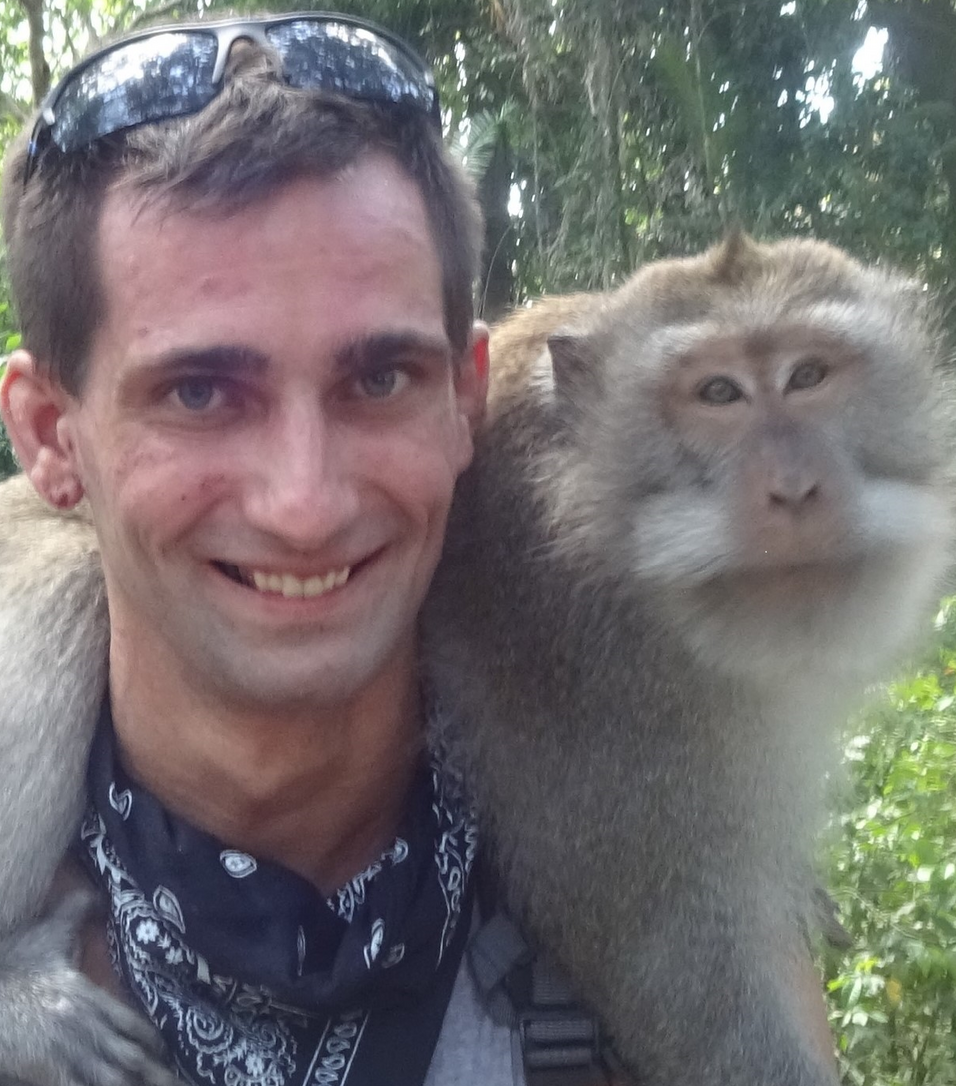MSc Student (Adv. Andreas Wanninger)
Unit for Integrative Zoology, Department of Evolutionary Biology
University of Vienna
Abstract
The mesoderm is a unique feature of bilaterians and gives rise to one of the prominent derivatives, namely the musculature. Developmental genes with commonly conserved expression during mesoderm formation are, e.g., brachyury (bra), even-skipped (eve), Mox and myosin II heavy chain (mhc). Within the mollusks, the bivalves have been understudied regarding mesodermal gene expression and myogenesis although this large group is very important for evolutionary questions. Therefore, both topics were investigated in the quagga mussel Dreissena rostriformis in order to examine whether the above-mentioned genes are also involved during mesoderm formation and to contribute to a reconstruction of the muscular ground pattern of bivalve larvae. Results suggest that all four genes are expressed during mesoderm formation but show additional, individual sites of expression. As such, Mox and mhc are additionally expressed in early myogenesis. Eve expression is always present in the vegetal/posterior region as well as ectodermally in the shell field, and bra is additionally expressed in the foregut. Comparative analysis suggests that Mox has an ancestral role in mesoderm and muscle formation in bilaterians while eve was involved in mesoderm formation in the last common ancestor of protostomes. In addition, bra has an ancestral role in mesoderm formation of nephrozoans.
In D. rostriformis, the first F-actin-positive cells form in the trochophore larva. In addition, a ventro-posterior transitory musculature of unknown function develops that is lost in the veliger stage. In the early (D-shaped) veliger larva, the anterior adductor, a larval retractor, a dorsal velum retractor, a ventral velum retractor, a velum muscle ring, muscles of the pallial line and shortly later a median velum retractor are present. Subsequently, an accessory velum retractor, as well as mantle and foot retractors form in the late veliger larva. The posterior adductor was not found and most probably emerges later in development. Comparative analysis suggests that the muscular ground pattern of autobranch bivalve larvae contains a velum muscle ring, four velum retractors, one or two larval retractors, two foot retractors together with the pedal plexus, two mantle retractors, the muscles of the pallial line as well as the anterior and the posterior adductor.

